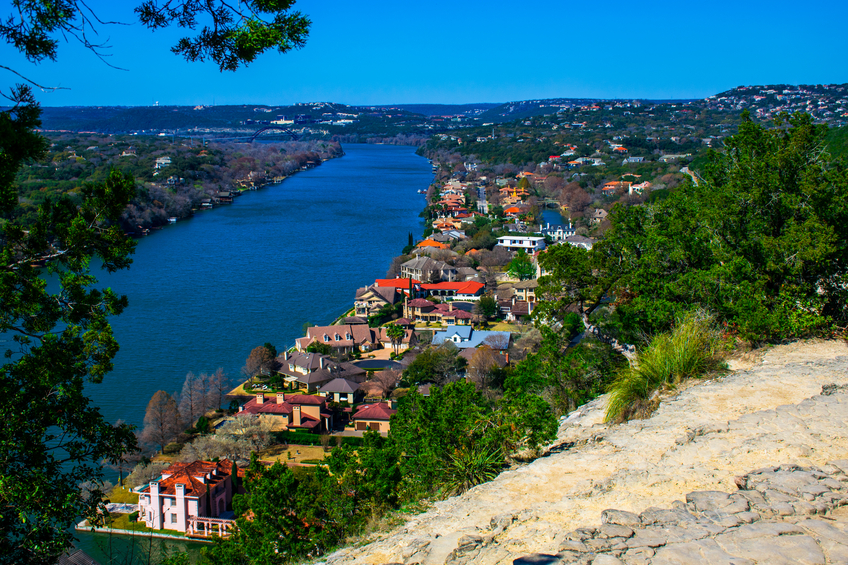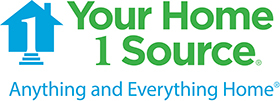
Many vacationers find they love a location so much they think, "Wouldn’t this be a great place to return to again and again? Why not consider a second home here?" You are game. And why not if you can afford it? A second home can be a wise investment, a hub for family and friends, and a place you can rent when you’re not using the home, and you could write-off the expenses.
However, this is more than just an emotional decision, and one that needs to be approached in much the same way you found your primary home. Vacation homes come in many styles, locations, and with a dizzying array of amenities, from big stone fireplaces to hot tubs, and ski-in and ski-out locations.
There are other considerations before you buy or rent. Will your second home sit empty most of the time because it’s too far from your main residence, or too expensive and difficult to get to by air? What if there’s a downturn in the economy and you want to unload it? Good luck!
Before you sign anything, here are four more points to consider:
- Do you have consistent earnings and adequate liquidity for this purchase?
- What about maintenance expenses and who will handle the details?
- Should I rent before buying?
- What are the tax consequences of renting the property?
- Does the sentimental, nonmonetary value of having a family hub for generations to come outweigh the hassles?
Understand maintenance. As with primary homes, your vacation home requires upkeep – mowing the lawn, cleaning the interior, and checking a roof for leaks after a winter storm or summer hurricane. In such cases, you may be able to locate a conscientious repair service, or you may decide it’s wiser to buy in a planned vacation community where a manager is on call. Regardless, it’s important to factor in the cost of that extra pair of hands as you budget for this purchase. Real estate agent Desmond Milvenan, CRS, GRI, with Engel and Volkers in Austin, Texas owns a second home in New Mexico. Though she loves it, she now thinks about finding another property that entails less maintenance. "This is an older property that always seems to need something. We wanted a house and yard and not a condo, but it has involved expense and upkeep," she says. Milvenan put her house in a rental pool, which worked well. "There’s someone there all the time for maintenance, which works well for this remote property," she says.
Consider renting before buying. While renting may be expensive, it can be a great gauge of what life in that location will be like. Rent in a desired location multiple times and in different seasons. You won’t always “live there” when it’s 80 degrees, sunny, and with picture-perfect blue skies. It may be a good idea to rent in an area for at least six months to a year to truly experience the community, climate, etc.
Many real estate firms specialize in vacation rental properties and listings can be found online with detailed reviews. Milvenan rented before she bought. Part of her incentive to buy was that she wanted to rent the same house every year and leave some of her belongings there. It wasn’t allowed, so she decided to buy a home.
Buy and rent strategies. If you can achieve a reasonable cash flow, owning a second home may work out very well. There are plenty of folks out there that would rent your charming cottage by the sea or home in the mountains. Before you do so however, check the rules if you’re in a community with a homeowners’ association (HOA), or review the bylaws of your condo or cooperative apartment. Some developments have restrictions and may not permit renting, or may only allow renting for certain periods of time or within other constraints – such as renting for at least 30 consecutive days to the same person. Some cities and communities are cracking down on online rentals by making it illegal to do so. Reasons vary, from hotels in the area complaining about lost revenue, to neighbors who complain about having a parade of strangers in nearby homes. You also need to speak with your CPA, so you know how rental income will effect your taxes. There are rules about how many days of the year you will rent vs using the home as a second home/for personal use.
The basic guidelines, says accountant and financial advisor Shawn Shaughnessy of Padgett Business Services in Highland, N.Y., is that if you rent out your house for fewer than 15 days it’s considered personal use, and you do not report the income and/or expenses. The 14 days don’t have to be consecutive, but if you rent for more than 14 days, you must report the income. There is a silver lining. You can deduct related rental expenses and depreciate assets. As a mixed-use home, you report the income and allocate expenses, including depreciation based on actual rental activity, says Shaughnessy. Hiring a professional tax preparer is highly recommended to sort through all the necessary minutiae. If your home is really a bed and breakfast, that involves different and additional considerations. Many municipalities treat them as hotels, which means the gross income is subject to sales and occupancy taxes.
If you do rent, get an agreement in writing, so it’s the equivalent of a legal contract. You might want to have a lawyer draft a contract that’s binding, or work with a reputable property manager. A local property manager can be very helpful in managing multiple tasks and can be your eyes and ears locally to watch your property. Milvenan found that when guests said there would be four people using the home, often eight showed up, or two cars morphed into five, and pets, not allowed, were also brought along.
Don’t ignore a second home’s potential sentimental value. It’s not all about money, maintenance, and convenience. A family vacation home may be passed down to future generations, it could be transferred to a trust and used by your children at appointed times, it might become your primary residence one day. Snedaker has seen that occur in his area, particularly among San Franciscans with a second home, who eventually transition to the second locale. It could be a future down-sizing strategy.
